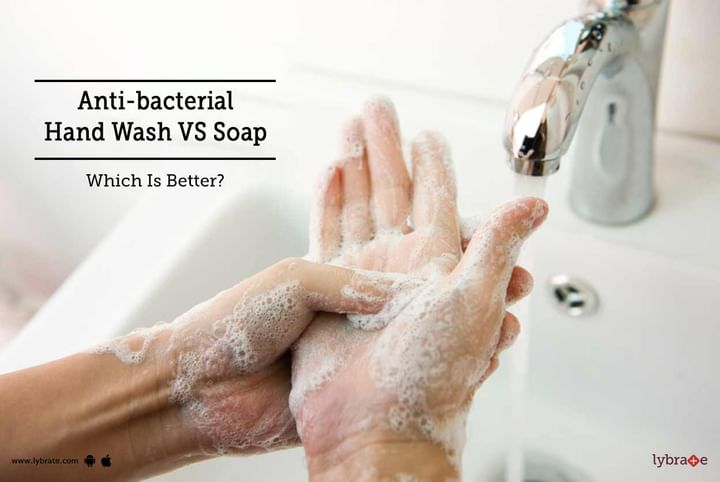Anti-bacterial Hand Wash VS Soap - Which Is Better?
It has been observed that roughly 3 out of 4 antibacterial bars and soaps contain triclosan which is a certain type of drug previously used in hospital premises. The usage of triclosan in other products like hand wash and gels is yet to be verified and proven safe. Due to lack of proper evaluation there have been a number of instances where antibacterial soap has done more harm than good.
Here are a few reasons why you must reconsider using antibacterial soap:
1. It creates bacterial resistance
Triclosan is closely associated with a number of health issues, bacterial resistance being the chief among them. Repeated usage of antibacterial soap can promote the growth of antibiotic resistant bacteria. It might effectively terminate regular bacteria but it is basically useless against the resistant bacteria. The bacteria resistant formula present in these hand washes might cause complications in the long run.
2. It can potentially disrupt endocrine functions
Triclosan has a close resemblance to the thyroid hormone and hence can tip off its receptor sites. This occurrence can lead to major complications like artificially induced early puberty, fertility issues, obesity and sometimes even cancer. Hence it can be said that antibacterial soaps should be avoided in order to prevent such far reaching side effects.
3. It can cause serious health problems in children
Triclosan present in certain hand wash can adversely affect the development of the immune system in children. At a growing age, children develop natural resistance to certain diseases. Prolonged use of antibacterial hand wash and soap can diminish their exposure to bacteria and obstruct the proper development of their immune system. Therefore it is safer to use normal soaps instead which are as effective and do not contain triclosan.
4. It is extremely harmful for the environment
Prolonged and regular usage of hand wash containing triclosan would in turn increase the amount of this drug that gets flushed through the drainage. Triclosan is generally left untreated in the sewage treatment plants which later enters the water bodies and disrupts the food chain since it primarily affects the growth of algae.



+1.svg)
